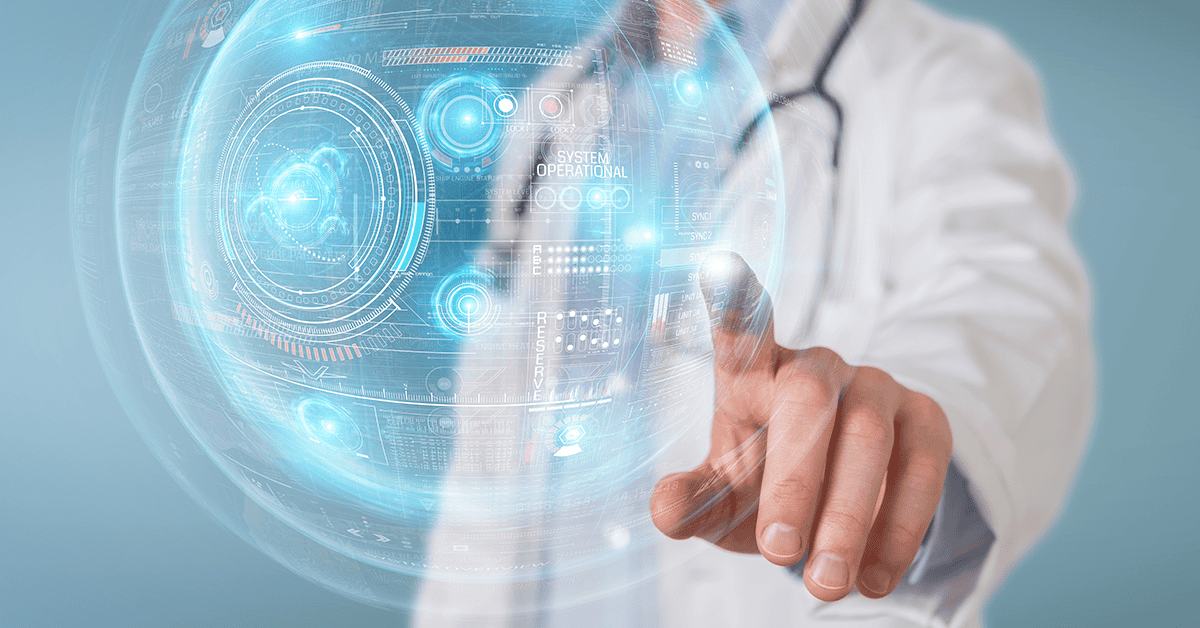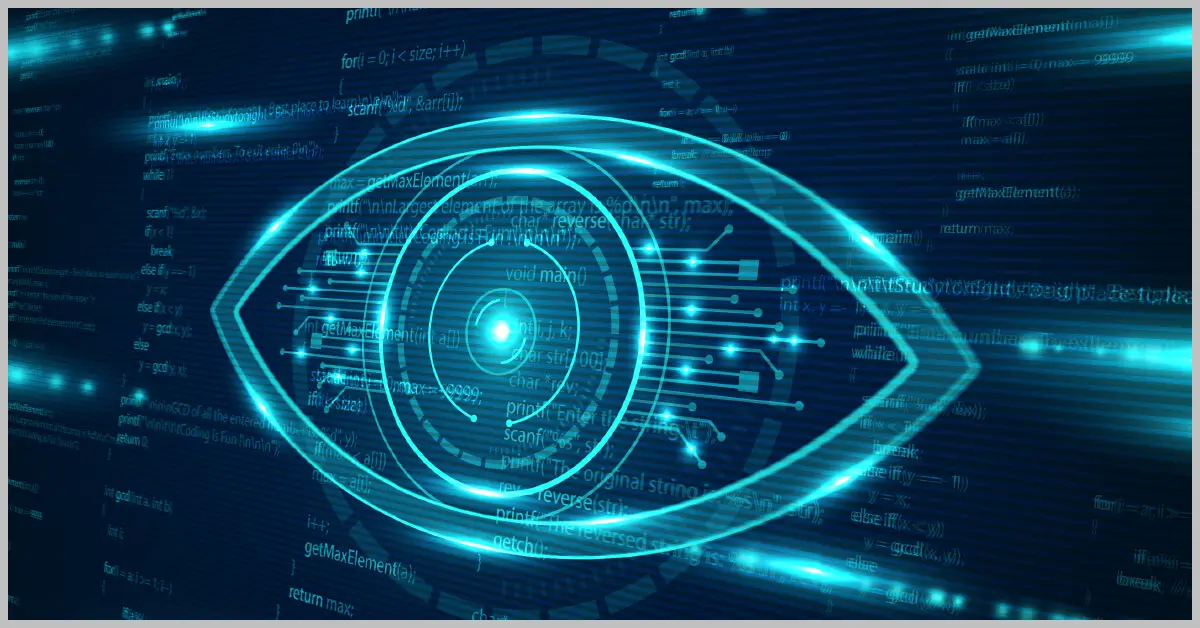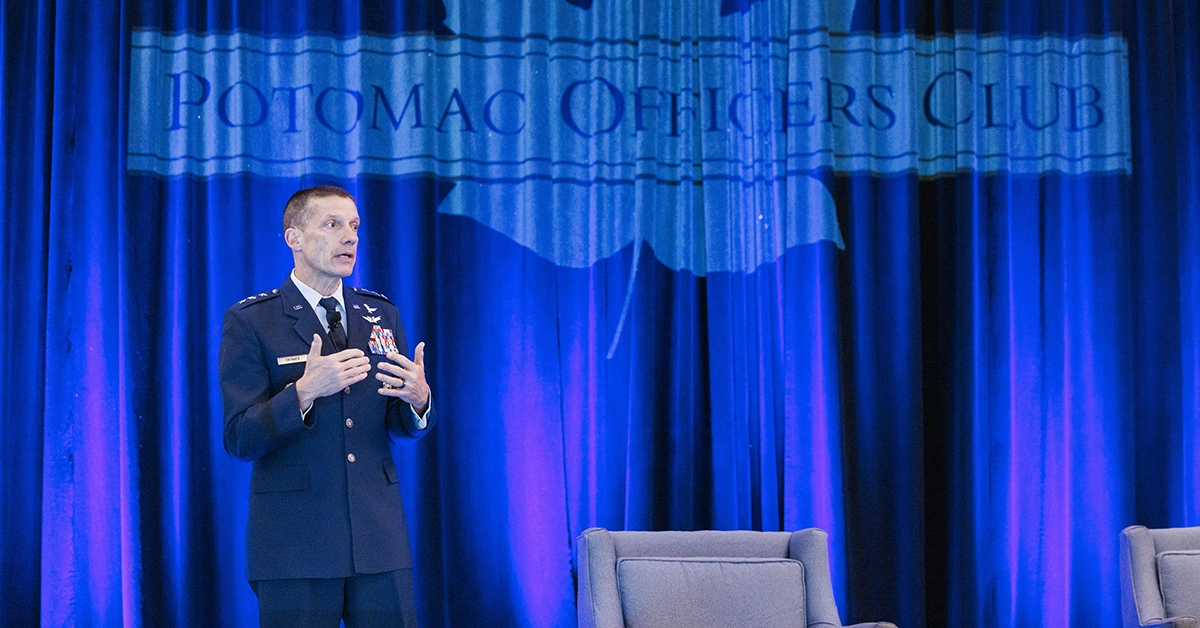Artificial intelligence is taking the world by storm, and its potential use cases are seemingly endless within the federal government, where agencies are looking for new ways to apply this rapidly advancing technology to support their missions. One area in which AI is shaping the future is healthcare, and the Department of Health and Human Services has made it a priority to invest in the development of AI technologies that could revolutionize the field.


At the Potomac Officers Club’s 2023 Healthcare Summit on Dec. 6, you will have the opportunity to hear from top HHS officials as well as experts from industry and academia, who will come together to discuss today’s evolving healthcare environment and the new technologies influencing the landscape. The event will feature several keynote speakers, including Andrea Fletcher, executive director of the digital service at the Centers for Medicare & Medicaid Services, and multiple panels focused on key topics in the modern healthcare ecosystem.
Click here to learn more about the event, and click here to register to attend.
Though AI is still being perfected, its potential to transform healthcare is already being studied. Keep reading for a glimpse into three areas in which HHS organizations are experimenting with AI.
Biomedical Research
Bridge2AI, a National Institutes of Health-led program, funds various biomedical research activities with a goal of identifying beneficial uses of AI in the field. One initiative under the program aims to map the spatiotemporal architecture of human cells and use these maps to support interpretable genotype-phenotype learning, a practice that often uses machine learning models. Though helpful, ML mechanisms must be better understood, and activities under the Cell Maps for AI Data Generation Project are intended to expand knowledge of these technologies. Under the program, researchers are applying three different mapping approaches to create a repository of data that will be used to help researchers better understand the mechanisms ML models use to make predictions regarding phenotypes from genotypes.
Health-Related Smartphone Applications
The Biomedical Advanced Research and Development Authority works to empower the development of medical countermeasures to mitigate public health security threats. Last year, the agency teamed with The COVID Detection Foundation and Logical Images to pursue the development of AI/ML algorithms that could be used on smartphone-based applications to share on-demand information about a possible COVID-19 infection or new skin condition using visual and auditory symptomatic detection.
Drug Development
Recently, the Food & Drug Administration has deepened its exploration of ways in which AI and ML tools could be used in the drug development process and various therapeutic areas. In a discussion paper published in May, the FDA’s Center for Drug Evaluation and Research and two collaborators – the Center for Biologics Evaluation and Research and the Center for Devices and Radiological Health – provided an overview of current AI/ML use cases in these areas and considered concerns that may arise. Applications of AI highlighted in the paper include data analysis in both clinical trials and observational studies, advanced analytics to improve pharmaceutical manufacturing processes and a wide range of others.


Don’t miss your chance to hear from the public and private sector leaders spearheading healthcare modernization at the Potomac Officers Club’s 2023 Healthcare Summit! Click here to register and secure your spot.








